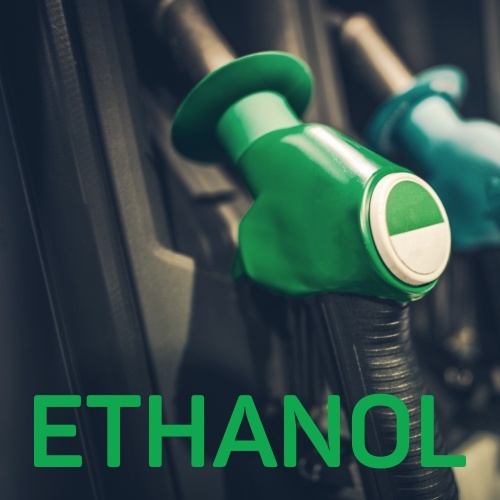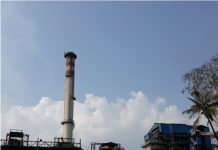The Indian automobile industry is witnessing major technological transitions, especially with respect to emissions and safety. Petrol remains a fuel of choice in the domestic passenger vehicle market, as stricter emission norms and the narrowing price gap between petrol and diesel has reduced the viability of diesel vehicles. CNG vehicles have also gained prominence in recent years, aided by favourable running costs, improving penetration of CNG dispensing stations across the country, and enhanced product offerings by original equipment manufacturers (OEMs). Lower emissions in CNG vehicles would also help OEMs comply with the impending Corporate Average Fuel Economy (CAFÉ) norms. Demand for Electric Vehicles (EVs) has increased exponentially in the last two years with the Government’s push, increasing awareness, and new launches. However, the share
of EVs in the overall PV industry remains low, at 1% currently.
Giving more details, Mr. Shamsher Dewan, Senior Vice President and Group Head, ICRA Limited, says, “We expect the proportion of CNG, EVs, and hybrid vehicles to increase to 20-30% of new vehicle sales in the next five years. However, petrolbased vehicles will likely account for a significant portion of new PV sales over the medium term. This makes it important to reduce emissions from petrol-based vehicles to meet the CAFÉ norms and start the trajectory towards achieving carbon neutrality over the medium-to-long-term, besides promotion through the adoption of alternative powertrains, including EVs
and hybrids.”
Ethanol blending would reduce vehicular emissions, strengthen energy security, help reduce oil imports and conserve forex reserves. Besides, other benefits include controlling excess sugar supply in the country, as ~65% of total ethanol production comes from molasses-based distilleries. Ethanol blending in petrol has been gradually increasing in the last several years, and India achieved 10% ethanol blending in 2022. Further, the Government of India has advanced its target for E20 implementation to 2025 from 2030 earlier.
Adding further, Mr. Dewan says, “ICRA believes that the readiness of the auto industry and the OEMs to meet E20 blending norms is unlikely to be a major challenge. No major design changes are required from a vehicle standpoint except material recalibration, and the impact on the vehicle cost is expected to be less than 1% in the case of passenger vehicles and about 2- 3% in the case of two-wheelers. While no major capex is envisaged, changes in engine designs and after-treatment systems apart from the material selection will be key to meeting the norms. Loss of fuel efficiency is expected as vehicles transition from
the E10 to E20 compliant design, and this would increase the total cost of ownership (TCO). However, OEMs are looking at technological improvements like light-weighting to offset the impact. Operating E10-compliant vehicles with E20 fuel would result in corrosion of certain engine components, and there would be requirements to replace the corroded parts during the vehicle lifecycle.”
Making adequate ethanol available pan India and addressing portability challenges would be imperative, given that ethanol production is currently concentrated in select states such as Uttar Pradesh, Karnataka, and Maharashtra, owing to feedstock availability. The GoI has been providing relatively faster environmental clearances and financial assistance in the form of interest subvention to facilitate capacity addition and ensure adequate ethanol availability for a seamless transition. Some states have also announced state-level incentives to encourage investments. Tripartite agreements are being signed between
OMCs, project proponents, and banks to ensure that payments from OMCs are utilised for timely debt servicing. Overall, in ICRA’s view, a cohesive approach from all stakeholders will facilitate the E20 transition within the targeted timelines.













